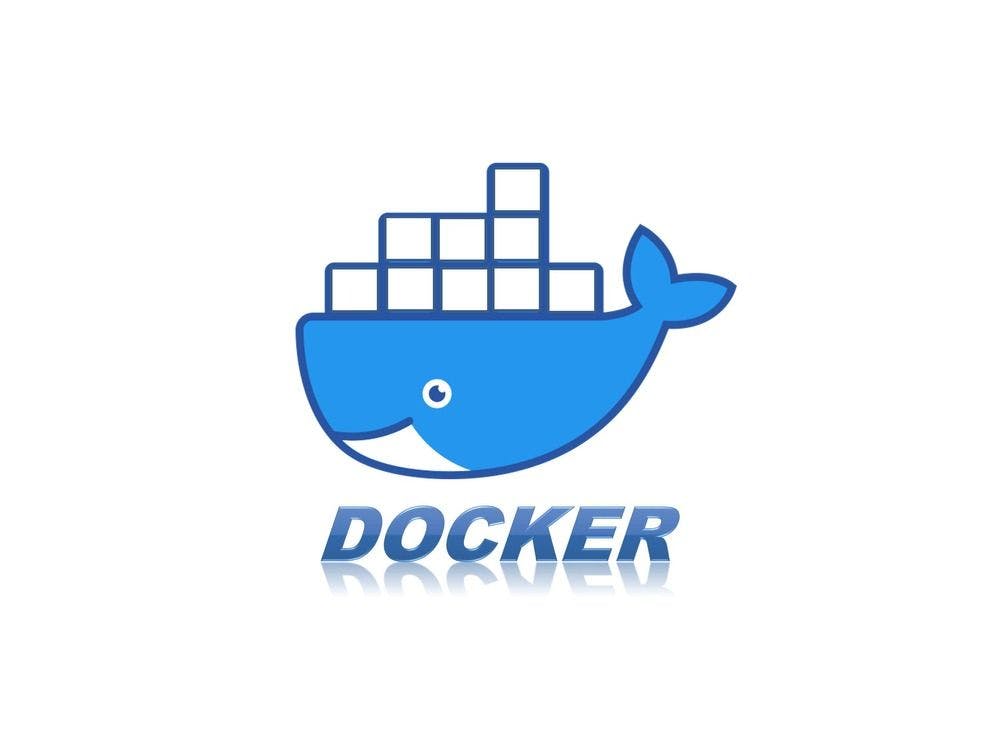Leverage Turing Intelligence capabilities to integrate AI into your operations, enhance automation, and optimize cloud migration for scalable impact.
Advance foundation model research and improve LLM reasoning, coding, and multimodal capabilities with Turing AGI Advancement.
Access a global network of elite AI professionals through Turing Jobs—vetted experts ready to accelerate your AI initiatives.
FOR DEVELOPERS
Top Ten Books on Docker Every Software Developer Should Read

Docker is a popular open-source containerization tool used for creating, deploying, and running applications inside a container. Its many benefits make it a must-use tool for delivering software quickly. If you’re looking to learn Docker, there are several great books that can help. This article highlights the best Docker books that every software developer should make part of their reading list.
Let’s get started!
Table of Contents
- 1. Why learn Docker?
- 2. Best Docker books for experienced developers
- 2.1. The Docker Book: Containerization is the new virtualization | James Turnbull
- 2.2. Docker in Action, Second Edition | Jeff Nickoloff and Stephen Kuenzli
- 2.3. Docker Deep Dive | Nigel Poulton
- 2.4. Docker in Practice, Second Edition | Ian Miell and Aidan Hobson Sayers
- 2.5. Docker: Up & Running | Kаrl Mаtthiаs аnd Seаn Р. Kаne
- 2.6. Dосker fоr Develорers | Riсhаrd Bullington-McGuire, Аndrew K. Dennis, and Miсhаel Sсhwаrtz
- 2.7. Learning Docker | Jeeva S. Chelladhurai, Pethuru Raj, and Vinod Singh
- 2.8. Using Docker: Developing and Deploying Software with Containers | Adrian Mouat
- 2.9. Developing with Docker | Jaroslaw Krochmalski
- 2.10. Docker Cookbook | Sebastien Goasguen
- 3. Conclusion
Why learn Docker?
Learning Docker can make developers more efficient and competent, thanks to its easy integration with dev environments, its speed, and its lightweight nature.

Best Docker books for experienced developers

The books we’ve curated are concise, well-structured, and easy to understand. They also have practical examples and useful exercises.
The Docker Book: Containerization is the new virtualization | James Turnbull

This is one of the most popular Docker books for beginners and experienced developers alike. It is mostly intended for SysAdmins, DevOps, and web developers looking to deploy open-source containers using Docker services.
With this book, you will learn how to install, deploy, manage, and use Docker extensions. Each chapter teaches you practical and theoretical concepts of Docker, accompanied by real-world examples.
Docker in Action, Second Edition | Jeff Nickoloff and Stephen Kuenzli

Docker in Action is a practical book that contains working exercises and live examples. It provides the necessary skills and knowledge needed to create, deploy, and manage Docker-hosted applications running in Linux. It teaches best practices and security techniques required for testing and distributing applications.
Docker Deep Dive | Nigel Poulton

This Docker book covers the fundamentals of the tool. Written by Docker captain and ecosystem educator, Nigel Poulton, it provides in-depth knowledge of the Docker architecture. It also covers core concepts like Docker containers and images. The book is especially useful for anyone looking to take the Docker Certified Associate (DSA) certification exam.
Docker in Practice, Second Edition | Ian Miell and Aidan Hobson Sayers

Docker in Practice teaches you how to look at problems and use Docker’s main components to solve them. There are over 100 lessons presented in a problem/solution format. They range from basic containers to configuration issues for complex projects.
The more you delve into the book, the more you learn about DevOps topics like automation and continuous delivery. This is where Docker excels at most as it is one of the best tools in server automation workflow.
Docker: Up & Running | Kаrl Mаtthiаs аnd Seаn Р. Kаne

This practical Docker book teaches you how to package applications and maintain internal dependencies. It tackles concepts like package applications in containers and how to maintain a consistent project environment during testing and deployment. If you are a beginner hoping to learn more about Linux administration, this Docker book covers it all.
Dосker fоr Develорers | Riсhаrd Bullington-McGuire, Аndrew K. Dennis, and Miсhаel Sсhwаrtz

Designed to help developers understand Docker containers from scratch, this book takes you through the best practices. It provides insights on how to make a deployment workflow run smoothly and how to use docker tools. By the end of the book, you will be able to work with container-driven environments and use Docker proficiently.
Learning Docker | Jeeva S. Chelladhurai, Pethuru Raj, and Vinod Singh

This is the ideal book for software developers looking to expand their knowledge. It focuses on Docker from a developer's perspective. It explores project deployment, how to build Docker images using Dockerfiles, and how to publish images on Docker Hub. As you dive deeper into the book, you will also find practical examples on how to use Docker commands.
Using Docker: Developing and Deploying Software with Containers | Adrian Mouat

This Docker book illustrates why Docker is valuable and how to use containers. It provides technical and workflow examples that help you implement Docker in your own projects.
The book also includes practical examples on how to configure and set up a Docker container. By the end, you will be able to update, test, implement, and push changes during deployment.
Developing with Docker | Jaroslaw Krochmalski

This book covers the basics of Docker and the technical process, from testing to shipping and scaling. Even if you don’t have knowledge of Linux and command lines, the book will provide sufficient know-how to get started with the fundamentals of Docker. Most of the topics are easy to understand, so it can also cater to beginners.
Docker Cookbook | Sebastien Goasguen

One of the best Docker books for people who frequently work in the Docker environment, each topic here is detailed and the concepts are properly explained. It contains real-life examples and how to avoid common mistakes. It also covers complex topics like server management depth. Although not meant for beginners, the book provides solutions to day-to-day problems faced when working with Docker.
Conclusion
The books listed here simplify the process of learning Docker. Since being able to deploy and manage a container is slowly becoming an in-demand skill for software developers, taking the time to learn it is more than worthwhile.
Author

Thulie V
Thulie is a technical writer, data scientist, and Python programmer, who is well-versed at writing informative, easy-to-understand, and engaging technical articles.
Frequently Asked Questions

Press

Blog
